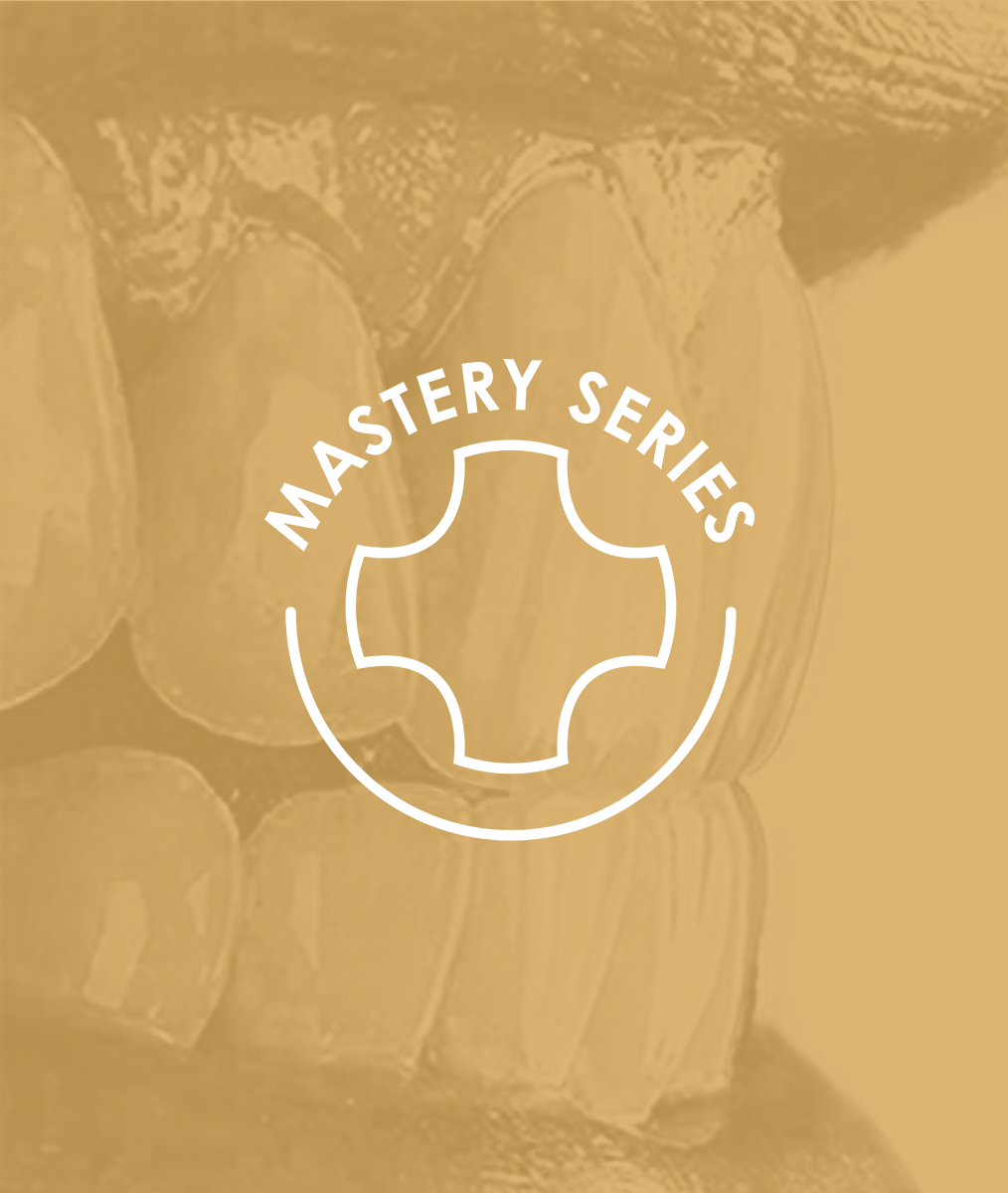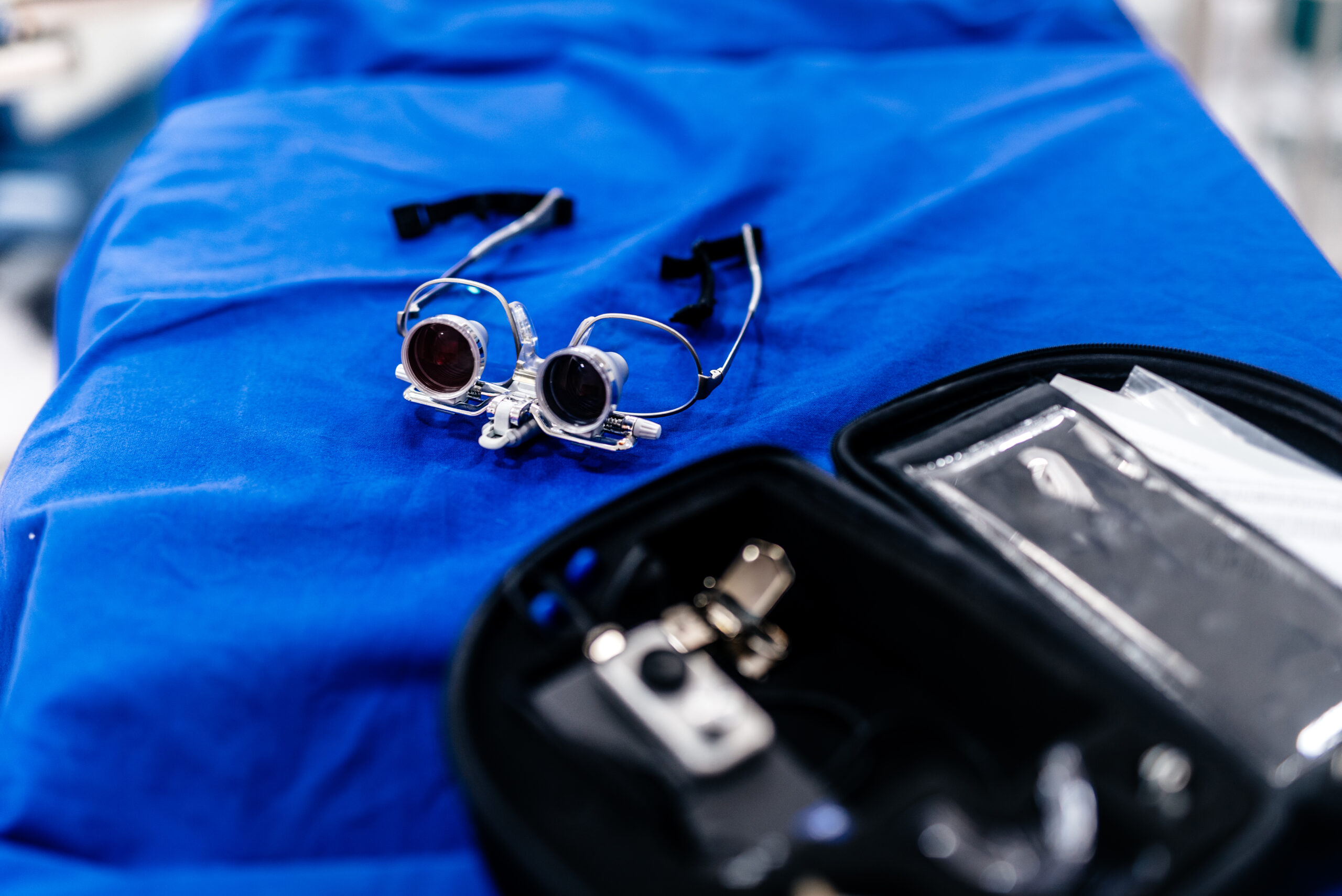
The Pre-Clinical Interview – Part 2
Laura Harkin, DMD, MAGD
Let’s delve deeper into the preclinical interview!
It’s helpful to understand a patient’s perception of their overall health and oral health, as well as what type of restorative dentistry they’re hoping to have and why they feel the way they currently do.
Sometimes, an integral family member has influenced the timing of care. For instance, you may hear, “My grandchildren are making fun of my teeth” or “My wife asked me to get my teeth fixed.” From this response, I know that I will need to be sure my patient personally desires treatment before rendering it. I’m also anxious to understand what type of restorative dentistry a patient is considering. For example, are they open to removable prosthetics, fixed crown and bridgework, or implantology?
Recently a new patient came to my office with an emergency. Tooth #5 presented with the buccal wall broken to the gumline and a moderate-sized, retained, amalgam filling. He immediately said, “I do not want bridgework.” I listened quietly until he elaborated by saying, “When I had this front tooth replaced by my other dentist, I had to take it in and out, and I just found that so irritating.”
I finally understood that he was referring to a flipper but calling it bridgework. So, it’s important to listen and ask questions when someone seems close-minded about having a certain modality of treatment. Delve deeper into the conversation because it may simply be confusion surrounding dental terminology.
For the grandparents who ask for a better smile, I’d like to understand their thoughts on the scope of treatment and their expectations. Are they looking for a white, straight, Hollywood smile or a more natural appearance with a little bit of play in the lateral incisors? Are they mainly concerned about stains, gaps, or a missing tooth? Are there other problems they’re aware of such as tooth sensitivity, inflamed gums, or the need for a crown? This input is very important as we continue conversation with co-discovery throughout the clinical exam, diagnostic records, and treatment planning phase.
Learn to count on your chairside for pertinent information.
I’m fortunate to always have my assistant, Cindy, beside me for preclinical conversations, comprehensive examinations, and restorative procedures. Sometimes, Cindy interprets a patient’s statement or component of conversation differently than me. She may hear a message that I missed or read body language of which I wasn’t aware. Sometimes, auxiliary conversations between patient and assistant take place after I’ve left the room to complete a hygiene check.
At the end of the day or in the morning huddle, we always take time to discuss interactions with our patients. Together as a team, we’re more efficient at acquiring accurate information so that we may approach the road to health most effectively for each individual.
Determine if trust is present.
As I’m getting to know a patient and before I choose to begin restorative treatment, I seek to understand if trust is present in our doctor/patient relationship. New patients often share past dental experiences, and, unfortunately, some have lost trust in dentistry itself. This may be warranted due to improper care, but it may also be due to a lack of understanding or unclarified expectations regarding a given procedure or material choice.
It’s not unusual, particularly when a patient is considering a large scope of treatment, to serve as a second or third opinion. Building trust and waiting to be asked for our skills are key necessities before moving forward in irreversible therapy.
The comprehensive examination, periodontal therapy, splint therapy, and gathering of records are all appointments during which opportunities exist to get to know our patients. True trust often takes time to establish, but the reward reaped is frequently one of empathy, friendship, and the ability to do our best work.
Related Course
Mastering Dental Photography: From Start to Finish
DATE: October 29 2026 @ 8:00 am - October 31 2026 @ 12:00 pmLocation: The Pankey Institute
CE HOURS: 19
Regular Tuition: $ 2995
Single Occupancy with Ensuite Private Bath (per night): $ 355
Dental photography is an indispensable tool for a high level practice. We will review camera set-up and what settings to use for each photo. All photos from diagnostic series, portraits,…
Learn More>






